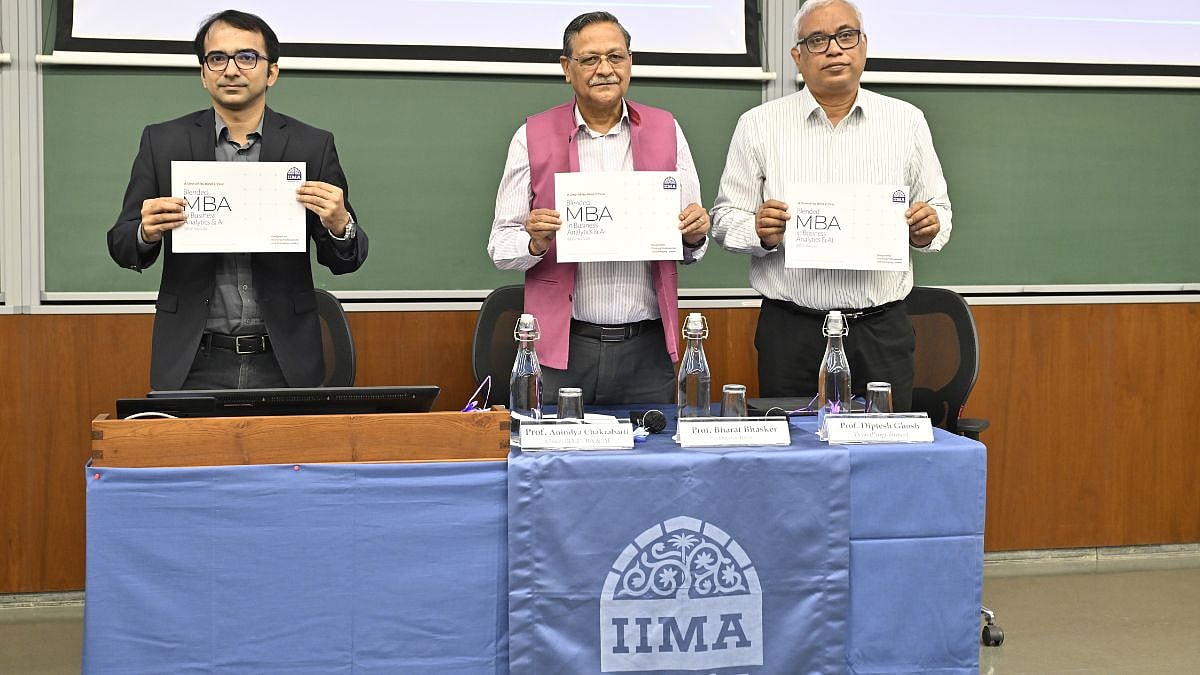Family businesses, especially in India can easily be considered the backbone of the country – they definitely and hugely impact the rising Indian economy. The concept of families and joint families is an integral part of Indian culture. The significance of family businesses can be understood with the fact that a huge share of business dealings that happen in India (almost 3/4) have the participation of a family businesses in some way or the other.
I came across a study which said that family-owned firms and enterprises contribute nearly 70% to the Gross Domestic Product (GDP) of India, which is enormous and impactful. To name a few, Tata, Reliance, Birla, Bajaj, Adani, Mittals, Mahindra, Hinduja, Jindals, and other family-owned business firms are working for generations in India, with some existing even before we gained independence. The long-time existence of these family businesses proves that they have been thriving in India despite several government controls and restrictions which have cropped up at regular intervals.
The growth of the concept of such businesses has augmented with the proclamation of the globalisation period in the country. The Post-globalisation era of the 1990s opened the Indian economy, brought significant economic reforms, and created opportunities as well as challenges for these family-run businesses in India. It was when MNCs and new entrepreneurs started their ventures in India. Firms, by families in the country, faced stiff challenges from the MNCs and the class of entrepreneurs to pursue resources and capital for their businesses. Those family firms survived the transition to globalisation and flourished, thus adapting themselves to new business models of the free-market era.
Before globalisation, family-run businesses were operating only in permitted sectors but globalisation introduced an array of prospects and scope for them to rise in the country. Family businesses stretched their horizons and invested in manufacturing, retail, wholesale, service sector, and other industrial sectors in the globalisation era. As businesses got licenses to invest in sectors that were previously under government control, the family-run businesses made optimum utilisation of the opportunities. The Indian economy also soared with the rise seen in these firms since most of these businesses witnessed growth amidst all odds and limitations.
The family businesses are at the heart of the Indian economy as they are not only mere manufacturers or service providers but also employment generators as a large percentage of the population is employed in the same.
The firms are known for showing their business acumen in choosing suitable heads for the same. They have adopted successive plans in the past and are doing it now also to ensure a smoother generational transition. They are also facilitating the next generation to head their businesses while also having a significant practice of employing professionals in key positions instead of their family members.
Ambani family of Reliance Group, Bajaj family of Bajaj Group, Jindal family of Jindal group, etc, are the perfect example of adopting a succession plan that delivers success. These approaches suit well to family-owned firms.
These big family businesses also weathered adverse conditions while adopting new methodologies and practices instead of old policies and traditions. Covid-19 pandemic created challenges for them due to lockdowns, restrictions, and meltdown in the economy. However, the next generation of family business firms embraced digital working, technology-driven policies to survive the pandemic and flourish their businesses. If India has to dream of becoming a 5 trillion economy, then the businesses playing a crucial role in making it a reality is important.
(The writer is the Managing Director of Allen Career Institute Overseas)










